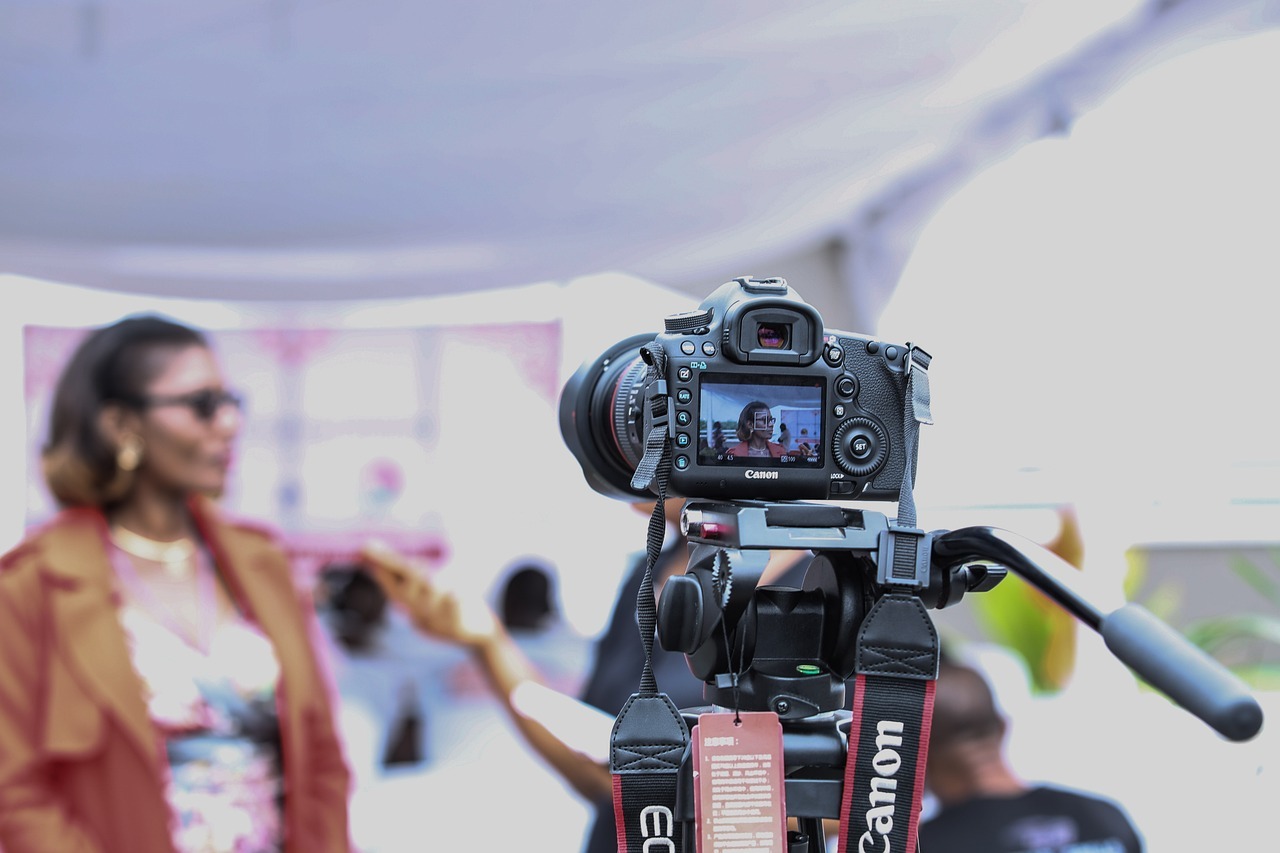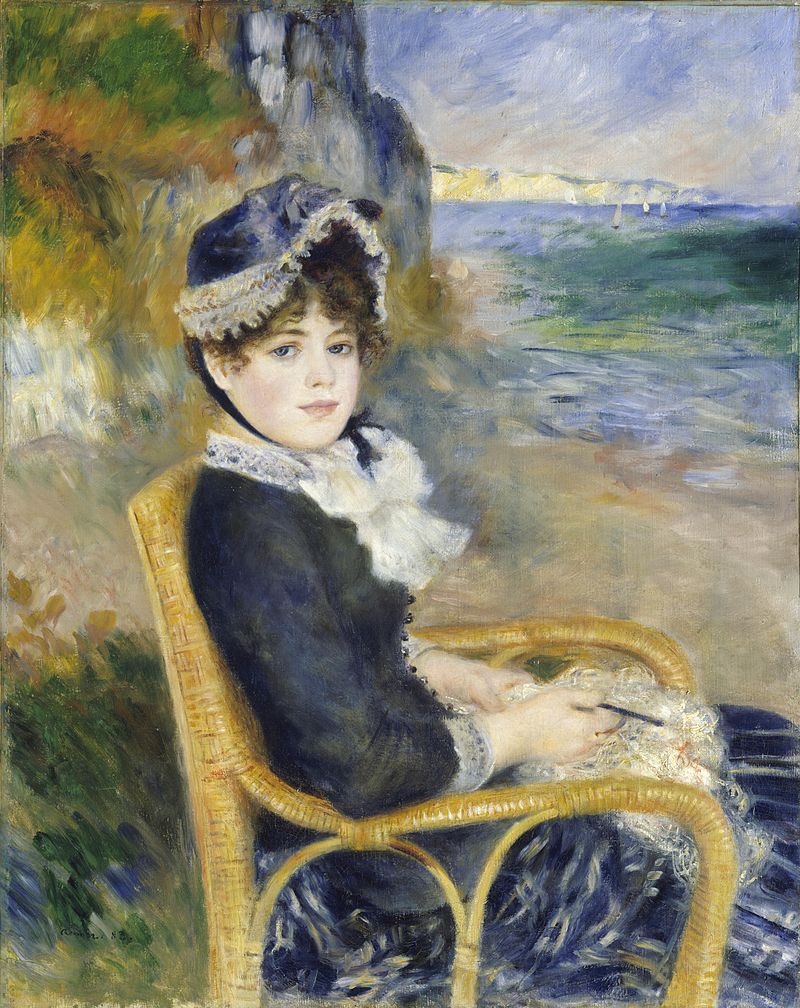This past weekend, I had the pleasure of attending Denver’s J’adore: Focus on French Language Cinema presented by TV 5 Monde at the SIE Film Center.
Amidst all the food and cheese and wine, there were some incredible films, many of which will be coming back for a full run upon their official release in the states.
The Reception
Both the opening and closing nights were packed, not only in the theater, but in the foyers where ticket holders enjoyed nibbles from Le Central and a selection of cocktails from the bar. Opening night also featured the Director and star of Rendez-vous in kiruna, the first film to be shown.
Subsequent screenings were pretty averagely attended, with the exception of Augustine and Thérèse. The former drew a large crowd and the latter nearly filled the theater on Sunday afternoon before the closing packed house.
Don’t forget to take a look at best French jokes!
Film by Film Reviews
It was hard to choose, but here are my favorite five films from the festival. I’ll give you some general descriptive words, my take aways from the film, and some analysis (with a well-placed “SPOILER ALERT” when necessary).
In general, I think all the J’adore films were worth a view, but check them out for yourself and leave me a comment with your thoughts!
Augustine
Releases May 17th in the US
Dark, Twisted, Sensual, Psychological, Drama, Coming-of-Age, Mature-Content
Augustine is a haunting look at the spectacle of illness and the psychology of obsession, both of the voyeur and his object. It explores the twisted world of mental hospitals in the late 1800s, at a time when female hysteria was the popular and mysterious illness du jour. Nineteen-year-old Augustine suffers a seizure and winds up at an all-female mental institution, the principal patient of Dr. Charcot.
Augustine is thrown into this strange new environment where the societal structures are even more male-dominated than those on the exterior. At first nervous, Augustine eventually learns to navigate her new milieu and all bets are off. The lines between doctor and patient – voyeur and object – controller and controlled all become blurred in this dark sensual narrative.
SPOILERS BELOW IN ITALICS
The film’s culmination is particularly intriguing. Augustine’s cure raises questions about the nature of accomplishment, both in medicine and an in any field. Augustine reminds us of accomplishment’s duality: part success part loss. Both Augustine and Charcot suffer from the sadness of her treatment’s completion despite the completion being the initial aspiration, the benchmark of success.
This sadness resurfaces following their final tryst. After all the sensual tension and build-up, the ultimate fulfillment of their desires seems to only bring devastation once it is over.
The film is a must-watch for anyone interested in medicine or psychology, and a truly fascinating narrative for anyone interested in feminism, history, or coming of age stories – 9/10.
Zarafa
Animated, Beautiful, Family-Friendly, Touching, Sweet, Historical, Adventure
With so many pulpy children’s films out now, Zarafa really pulls its weight.
What strikes me most about this film is not just its beautiful Miyazki-esque animations, but also its very elegant handling of what would otherwise be quite mature subject matter for children. And despite this sophisticated subject matter, the values Zarafa projects are timeless: promises, family, love, and adventure.
Zarafa opens with two young African children who have been captured by an ésclaviste (slave trader) and continues to draw light on other sensitive topics like imperialism, racism, animal rights, and even bears mention to religion. At the center of the story, though, is the friendship between a young boy and a giraffe.
The screenwriting of this boy-giraffe relationship is superb, tantamount only to the boy-robot relationship we all loved in The Iron Giant. That is to say, I cried… a lot.
It’s a beautiful story that is very suitable for children, but can be enjoyed by adults (and almost-adults) as well – 9/10.
Thérèse Desqueyroux
Releases August 23rd in the US
Dark Humor, Dramatic, Epic, Disillusionment, Period-Piece
Fans of Jane Austin, Madame Bovary, or Anna Karenina will find familiar themes and a familiar heroine in Thérèse, though perhaps a bit more snark.
Our favorite Amélie star, Audrey Tautou, delivers a witty but troubled Thérèse. Having previously assumed that her childhood novels are just fiction and that her lackluster marriage is the norm, Thérèse is quickly disillusioned when her best friend writes to her of a passionate romance.
The film seems perhaps a bit slow for some, but the pace perfectly parallels the excruciating boredom of provincial family life. Thérèse’s imagined and dangerous escapes from this monotony draw in the viewer as well.
The film is filled with motifs of caged or killed birds, drawing parallels to Thérèse’s own entrapment within her social milieu. Tautou delivers a brilliant performance with an amazing supporting cast.
This is definitely a film worth seeing when it returns to SIE Film Center later this year, so I’ll just leave you with a favorite quote from Therèse: “peace is not very interesting.” 7/10
Renoir
Beautiful, Stylized, Romance, Generational Storytelling, War-time Drama, Art, Aging
Renoir is less a story of the painter himself and more a story of an artist’s lessons for his children. It is a story of generations, of aging, of art, and of beauty.
The film opens with a young girl, Andrée, arriving at the old painter’s house, looking for work as his model. Set against the historical backdrop of war, Renoir’s family history airs for Andrée as she spends more time with the old painter and his sons – one of whom has just returned from the front lines and develops a romantic affection for Andrée.
Where the storyline sometime leaves something to be desired, the film offers beautiful imagery like a Renoir tableau come to life. I was engaged thoroughly with the lush set, vibrant art direction, and solid supporting cast – 8/10
Trois mondes (Three Worlds)
Violent, Thriller, Morality, Social Class Struggle, Modern Paris
The best way to describe Trois Mondes to someone who hasn’t lived in Paris, is that it is sort of France’s answer to Hollywood’s “Crash.” It’s a narrative of intersecting lives in a world where ethnicity and social standing seem to hold more value than one’s own life.
An accident turned hit-and-run sets off a series of events that intersects three distinct lives: an illegal immigrant, a pregnant student, and a man about to come into large sums of money and job security.
SPOILERS BELOW IN ITALICS
The film is paced like a thriller, but delivers some poignant dialogue. In one scene, for example, a woman argues with French doctors over her (illegal immigrant) husband’s organs. “C’est combien?” (“how much?”) she asks them, criticizing a system in which the government wants to expel an immigrant only until his organs can be harvested.
The film is both an easy to watch modern thriller and a thought-provoking social commentary, so it made my list – 6/10.
Coming Soon
If you missed out on J’adore! but want to catch some French film on the big screen, SIE Film Center offers a monthly “ciné-club” on Wednesdays at 7pm. Tickets are $7 for members, $10 for non-members, and $30 for the season pass.
Your ticket includes your seat for one of the following screenings and wine/ snacks at the reception after the film.
Here’s the upcoming schedule:
May 15: Louise Wimmer
June 19: Les Neiges du Kilimandjaro
July 10: L’Exercice de l’Etat
Aug 21: Qu’un seul tienne et les autres suivront
Sep 11: Poupoupidou
Oct 16: Transylvania
Do you enjoy French cinema? Have you seen any of these films in the J’adore series? Let me know your thoughts in the comments!


